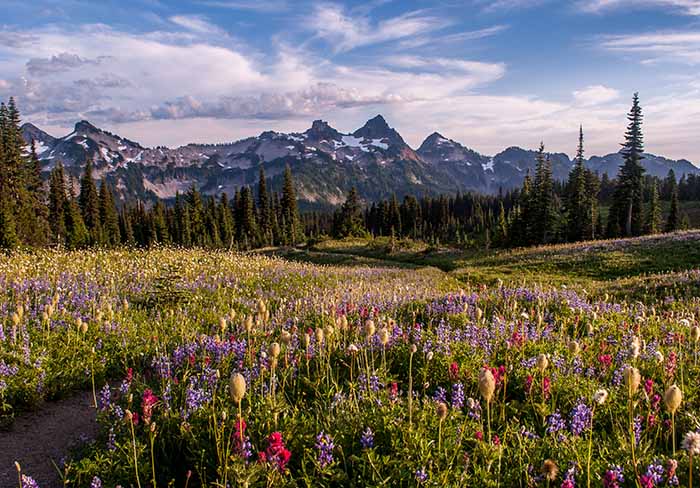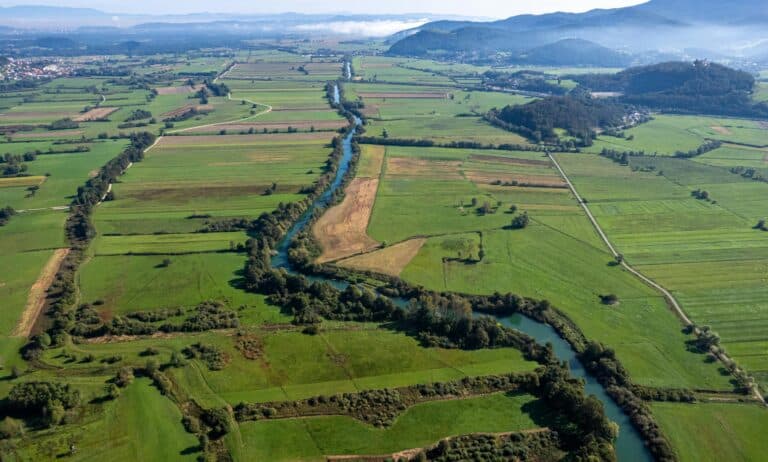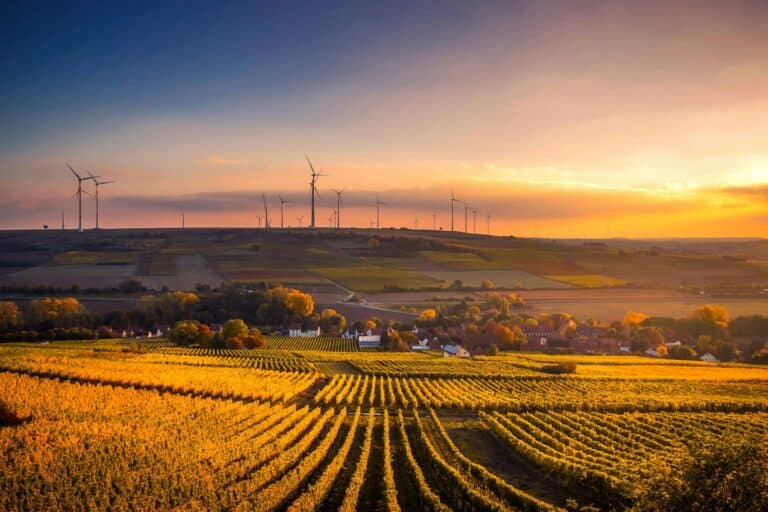The dream of buying your own piece of land is one that connotes visions of wide-open spaces, the freedom to build how and where you choose and even owning a dash of the American Dream that dates back to homesteading days and the country’s 19th-century westward expansion.
But just as in those days when everything wasn’t quite as simple as it seemed, buying land in today’s digital world offers its own web of complexities. Now, we don’t want to scare you from pursuing from your dreams of land ownership, but as with any major real estate purchase, buying land requires planning, persistence and, yes, maybe just a bit of pioneering spirit. Here are some factors to consider.
Read more: Top Questions to Ask When Buying Land
Make a plan
Buying land in rural parts of the country, especially undeveloped land, can be significantly cheaper than in urban areas, but that doesn’t mean you should approach the land-buying experience without the same kind of detailed planning and preparation as you would a residential real estate purchase. Indeed, buying raw land requires both an understanding of local and regional factors such as terrain, climate and access as well as a strategy for turning your raw land into an asset with future appreciable value.
Some questions to consider at this stage of the land-buying process: What is your intended use for the land? Do you want to construct a home on the land, use it for farming or ranching or some other investment use like timberland? Or are you looking to purchase in the hopes the price will increase at some future date? Your answer to these questions will determine your approach for finding the right piece of land to buy.
Making a plan also requires making a budget. Buying undeveloped land might be cheaper at the outset but you will need to factor in costs for building on the land as well as the potential need to add features like road access or water, sewage and electricity hookups. Additional financial factors will include property taxes depending on proposed future land use, as well as costs to take out a loan to finance your land purchase if necessary (see step 4 below).
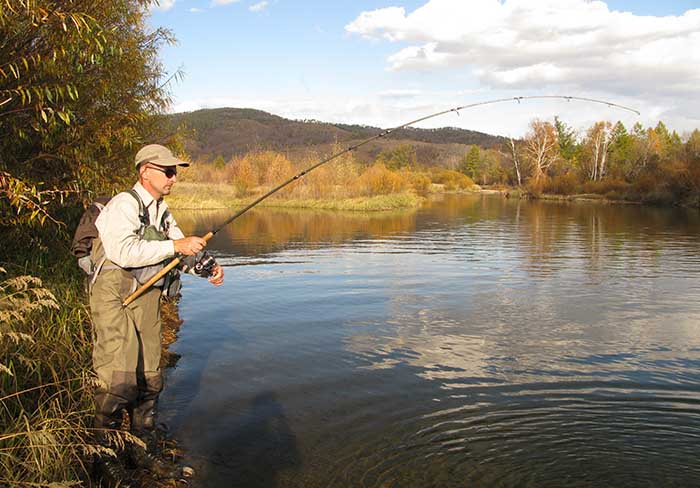
Start your search
The Land.com Network’s online marketplaces—Lands of America, Land And Farm and LandWatch.com—feature hundreds of thousands of land listings from Alabama to Wyoming and represent the web’s most comprehensive collection of rural land and property for sale. Call us biased, but we say this is the place you should start your search for land to buy, with a powerful suite of tools and search features to help you hone in on that ideal plot, parcel or acreage.
Each website features easy-to-use search filters to narrow by price, acreage and property type, as well, of course, location. Setting up a free buyer account is as easy as sharing your name and email address, after which you can save all your favorite properties and share listings with family and friends, plus set up alerts to receive email notifications for whenever new properties matching your criteria hit the market.
Once you see land or property that fits the bill, you can contact the seller via individual listing pages to get more information or schedule a viewing.
Read More: Tips and Tricks for Getting the Search Results You Want
Read More: Advice for Finding and Following-up with Land Brokers

Get to know your neighborhood
Assuming you have already started your search for land to buy, you will no doubt have a clear picture of the precise location or general area where you hope to buy. You may already live in the region and be well-versed in local property trends and conditions, or be from out of state planning for somewhere to live in 20 years (or longer) down the road.
If you have a particular piece of property in mind, schedule a viewing with the seller or broker. Walk the land and get a first-hand sense of its contours and boundaries, plus how it fits for your future land-use intentions.
Read More: 10 Essential Tips for Buying Rural Property
It goes without saying that nothing beats local, on-the-ground knowledge for understanding everything from area amenities and attractions to local customs and climate. Who are your neighbors? What are the local hunting rules and regulations? If you are from out of town, plan a trip to spend some time in the area to get a lay of the land and a local’s perspective.
Local conditions, of course, go beyond where to shoot a buck or get a good cup of coffee. Your land-buying homework should include a complete understanding of local zoning restrictions, codes and covenants. Individual land parcels may also be under certain easements or liens or judgments, information that can be accessed through public records or the municipal government’s assessor’s office. Due diligence is key when you’re making a long-term investment such as a land purchase.
Naturally, given some of the complexity in the land-buying journey, engaging the services of an experienced land broker to help you through the process will not only shed local expertise but an understanding of all the steps and checks required to secure a parcel of land that is tailored to your needs. A broker can also guide you through the steps to make an offer and successfully complete your land purchase.
More Resources: Find land brokers in your area
Read More: Why Use an Accredited Land Consultant?
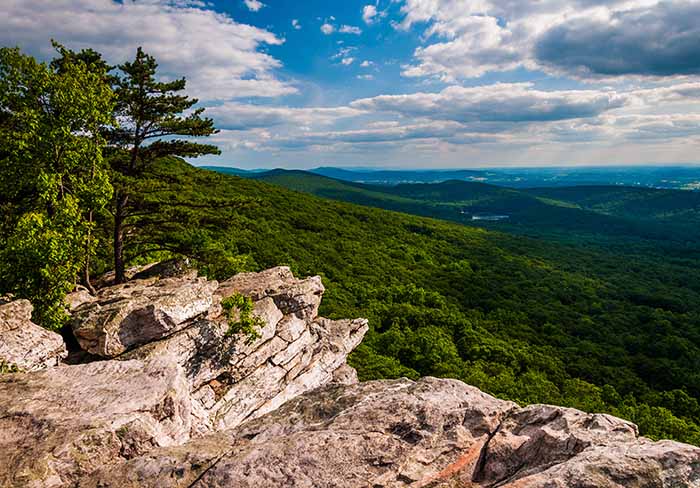
Close the deal
Before making an offer and negotiating the right price for your land purchase, one of the most important factors to consider before closing a land deal is ensuring you have the right financing in place for your purchase. Land buying differs from residential real estate in significant ways, including securing the right kind of loan for the lot or land you hope to buy. At this point, if you haven’t already, engaging the services of a lawyer with experience in the land and rural real estate business could be essential in guiding you through some of the complexities as they relate to the land-buying process.
If you have the cash to purchase the land outright, you can likely close the deal quite quickly and move on to finding a builder or construction firm to help you develop your new property. However, if you need to finance the purchase through a loan, then there are a number of different factors that you need to plan into your timeline ahead of making an offer on a piece of land.
Given that a particular piece of raw land may take significant time to realize its full value, land loans can be quite difficult to obtain given longer-term risks assumed by the lender. This means it is essential to have your paperwork and due diligence in order before approaching a lender.
Another factor of which you should be aware is that down payments on land purchases are usually higher—between 20 to 50 percent—than what you’d see in the residential real estate market. Beyond conventional lenders such as banks, buyers may want to look into securing a loan through a local farm credit. Comprised of a nationwide network of customer-owned financial institutions, farm credits provide loan and related financial services to farmers and ranchers, farmer-owned cooperatives, rural home buyers, agribusinesses and rural infrastructure providers.
More Resources: Get financing advice and information on Land And Farm
Other loan options in the land space include seller financing, whereby the seller offers the loan in place of an institution, and the loan is structured to repay the seller in installments. Down payments are typically higher for this kind of loan, too, but these can offer more flexibility on terms between the buyer and seller (particularly if the seller is trying to move a piece of property on quickly). Construction and land loans are also available through various financial institutions depending on your proposed future plans for the land.
If this hasn’t already been conducted through your lender, you should also plan to have the land appraised by a qualified professional before making an offer. Visit the American Society of Farm Managers and Rural Appraisers for more information about finding an appraiser and the property-appraisal process.
Read More: Do I Need a Rural Property Appraiser?

